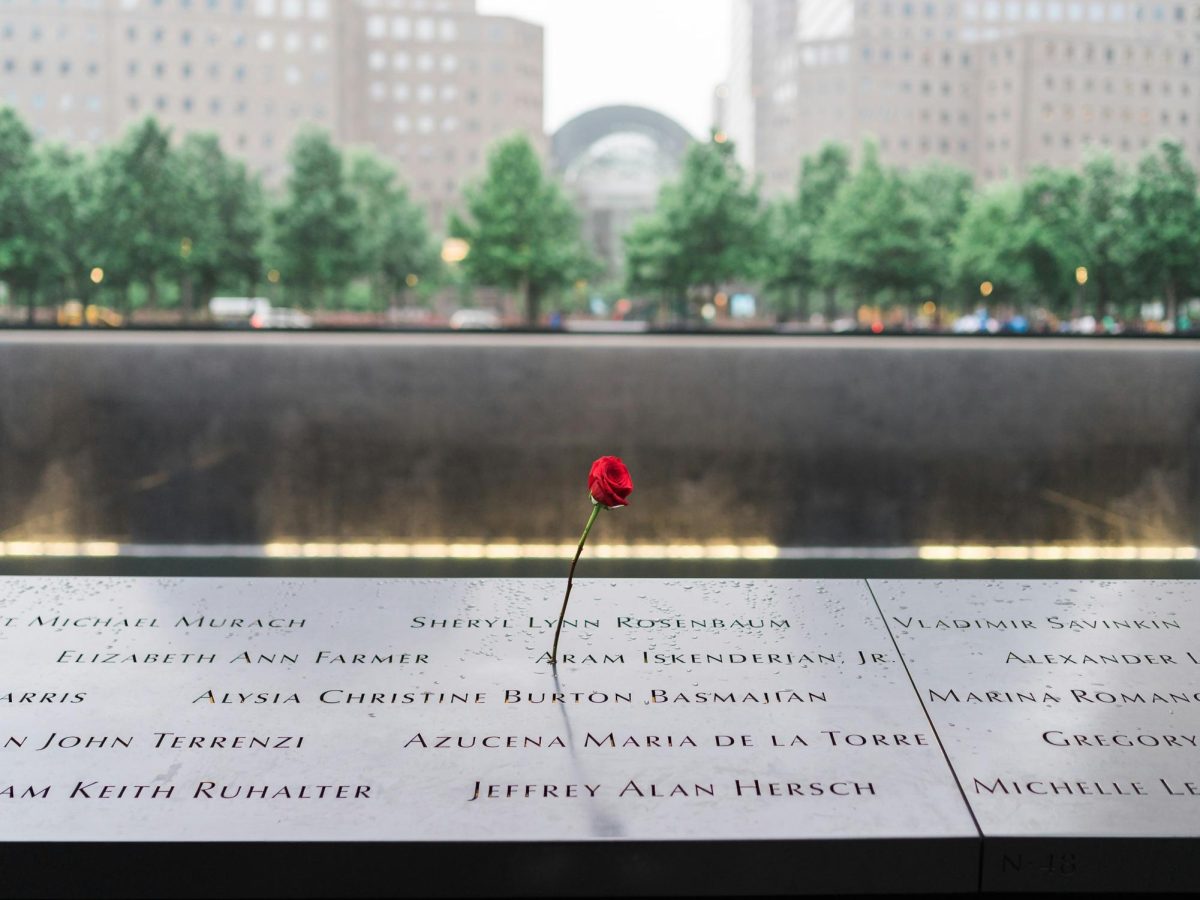On Sept. 11, 2001, an attack occurred that shook the United States to its core: a hijacking of four commercial airplanes that led to the fall of the World Trade Center, a crash into the West Wall of the Pentagon and the final plane crashing in Pennsylvania. Almost 3,000 deaths were documented, as well as thousands of injuries.
We are ushering in the new generation of Americans, and as that happens, the classic question “Where were you during 9/11?” is turning into “When did you first learn about 9/11?” Because of this, it is important to continue talking about the effects this event had on the country and what the core responsive emotions were.
Tragedy is tragedy at the end of the day but it’s what we do with tragedy that makes the difference. Grief was not only felt by the families of victims during these events but the nation as a whole. Where we hurt, we also grew stronger.
In a moment where it felt like our country could fall at any moment, people became united. People living in lower Manhattan volunteered for organizations, such as The American Red Cross and Salvation Army, to aid in cleanup. Retired firefighters suited back up to assist in rescue efforts.
As a country, we had to become resilient. Resiliency is often looked at as an individual trait but it is most effective when you can exhibit it in a group, or in this case a whole nation. Blood donations, donating supplies, supporting victims and their families were all ways people assisted in helping; these are still ways you can help in light of any disaster.
Hope and courage are basic fundamentals, taught to us often in stories at a young age. Sadly, it’s easy to forget these things as an adult, and sometimes we aren’t reminded of them until they are brought out of us by a worst-case scenario. I believe when we choose to use these values on a day-to-day basis it makes it easier to utilize them in an emergency, no matter how large.
Be hopeful. You will pass that quiz; you will survive the semester; you will get your degree. It’s hard to be hopeful at times but sometimes hope is all you’ve got.
Be courageous. Join a group where it’s about your passion and you don’t know anyone. Choose a topic for an assignment that you know is tricky; answer the questions in class even if you’re not one hundred percent sure you’re right. These are small steps that could lead to you being brave enough to tackle a big challenge.
Be united. Talk to people you share classes with; look into becoming a tutor for a subject you know like the back of your hand; volunteer for local causes that are important to you. We are strong when we’re together.
Be resilient. Don’t suffer in silence. Utilize the resources you have and be that listening ear for someone else. You are stronger than you even know, especially when you have a shoulder to lean on during hard times.
On this day, take a moment to think about what these values mean to you and what you may add yourself to this list. Take a moment to remember the victims and their families, and remember to be grateful for something today, no matter how small it may be.


